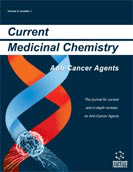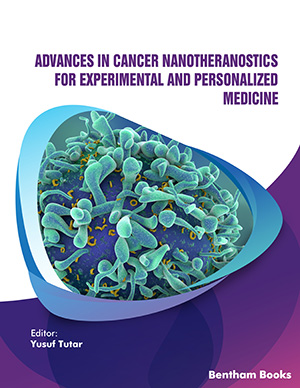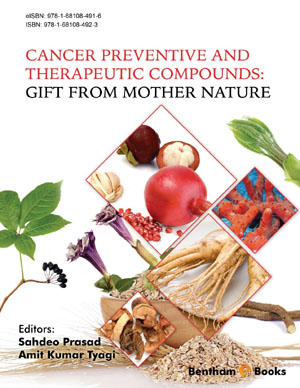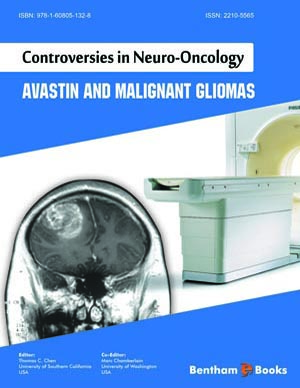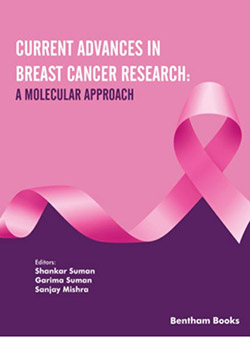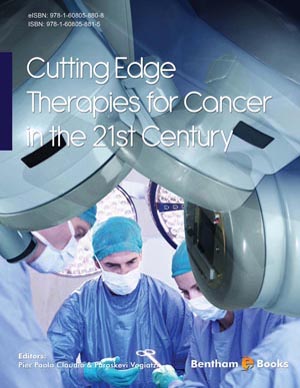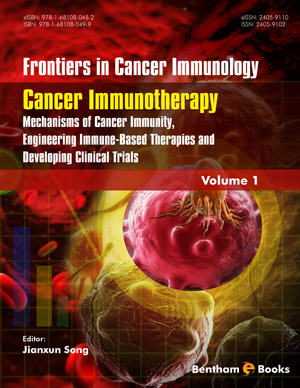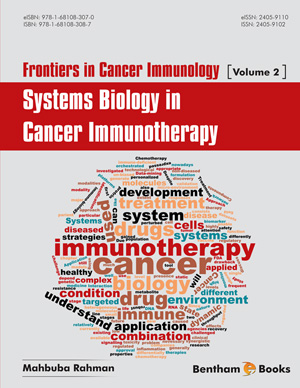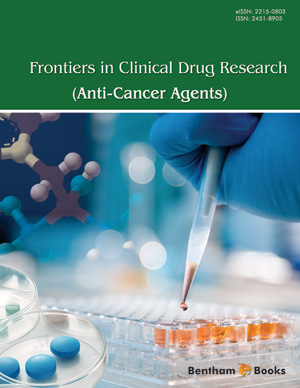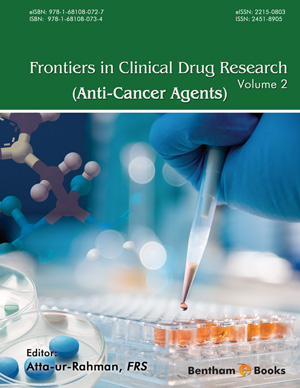Abstract
Breast cancer (BC) is one of the most diagnosed and worldwide
malignancies in females with an estimated 1,300,000 new cases and 465,000 deaths
annually. Therefore, early diagnosis and effective treatments of BC are urgently needed
in the struggle against this disease. Molecular markers research has gained huge
momentum in BC management. Very few molecular markers are in clinical use for BC
management. However, owing to BC heterogeneity, more molecular markers are
required for better diagnosis and treatment. Humoral immune response defines the
generation of autoantibodies (AAbs) in blood against tumor-associated antigens
(TAAs). Such AAbs have been showing great promises for biomarker development for
cancer detection. Therefore, these candidate AAbs might be useful for developing
blood-based detection assays along with other existing diagnostic tools for BC patients.
Besides that, AAbs can also assist in the identification of novel TAAs that can further
enhance the utility of immuno-proteomics for biomarkers development and targeted
therapy. In this scenario, proteomics tools are being extensively utilized to identify
novel TAAs.
Keywords: Autoantibodies , Autoantigens , Biomarkers , Early detection of cancer , Tumor-associated antigens.





